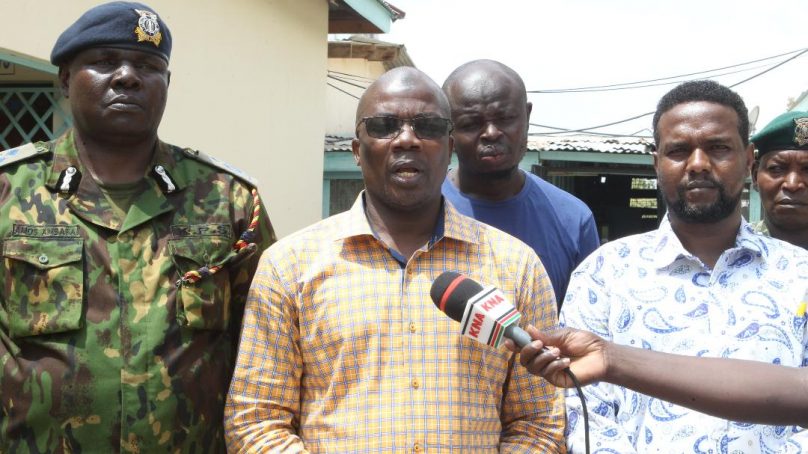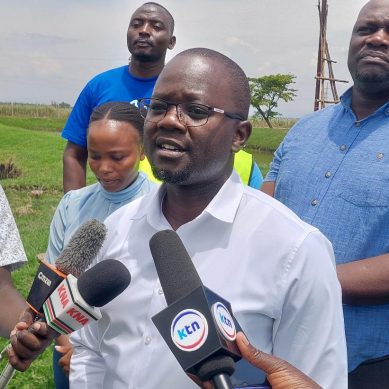
Garissa Town is gradually drifting into a sprawling gangland following a surge in criminal gangs orchestrating daylight robberies and violent attacks.
Youths aged between 10 and 20 years have formed gangs with names such as Squad Chafu, Bulla Mzuri Group, Bulla Rig Group and use knives, machetes to rob and assault victims.
The north-eastern Kenya town is mainly Muslim and borders lawless Somalia.
The situation is so concerning because the gangs have the audacity to erect illegal roadblocks late at night on some feeder roads in villages to extort money from motorists and passengers.
Some hotspots in the town are so dangerous that even boda boda (motorbike taxi) riders fear ferrying clients to neighbouring villages because the criminals ‘tax’ the riders and their clients – a concept apparently borrowed from the ruthless Al Shabaab insurgents in Somalia. Security officials in the county complain that, although they are doing their best to contain the situation and restore order, Maslah – a traditional justice system for Somali communities – has been the biggest drawback in the fight against spiralling crime.
County Commissioner Mohamed Mwabudzo explained: “Once suspects have been arrested and booked at police stations, Somali community elders are dispatched to try to negotiate their release on the basis that they would solve the disputes out of court. Where the cases go to court, victims are either paid through the Maslah or coerced to withdraw the cases or recant their testimonies,” leaving the prosecution unable to proceed.”
Speaking during a Garissa County Jukwaa la Usalama forum to devise strategies of dealing with the security challenge, Mwabudzo said that despite the efforts by security teams, complainants fail to cooperate, therefore securing conviction becomes impossible.
Complainants, fear being targeted if the decline to agree to Maslah settlement, he explained.
Mwabudzo further called out parents for shielding their children involved in criminal activities instead of teaming up with the security officers to help the children reform through the correctional services.
“Maslah is the biggest challenge we have because even the cases we have in court lack enough prosecutorial weight when the victims, who have either been attacked or robbed recant their testimonies or want to withdraw the cases altogether,” Mwabudzo said.
- A Tell Media / KNA report / By Erick Kyalo







